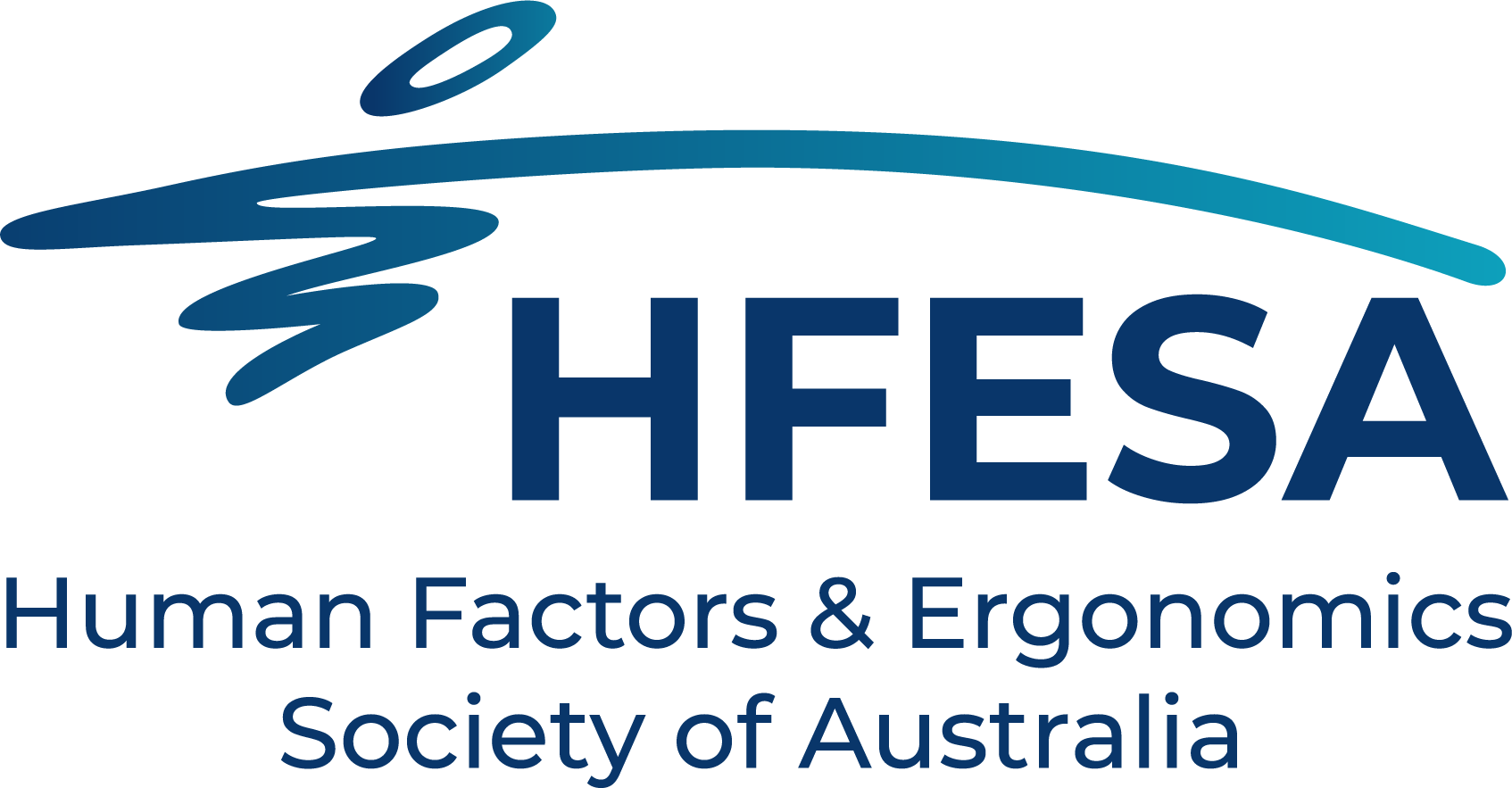The Humans Factors and Ergonomic Society of Australia (HFESA) has produced a podcast featuring a conversation between Paul Cummins and Sharon Todd, the President of HFESA. The podcasts can be accessed via the HFESA website or the HFE Hub website.
Paul Cummins is the founder and CEO of Airline Training Solutions, the largest private provider of flight simulators in Australia. With nearly four decades of experience in the aviation industry, Paul’s extensive career spans from operational roles such as Air Traffic Control, Flight Service Officer, and pilot of various aircrafts, to regulatory roles with CASA, and consultant positions in safety and compliance. He has served as a trainer for Qantas on the Boeing 737-800, as well as the Chief Ground Instructor at RMIT University flight training. Paul’s wealth of knowledge and experience in both practical and theoretical aviation domains have significantly contributed to the enhancement of flight simulator training and the integration of human factors principles in pilot training.
The Intricate Dynamics of Aircraft Control Systems
Paul Cummins begins the podcast with a dive into the complexities of flight control systems. The podcast covers the shift from mechanical to electronic controls. Cummins discusses how pilots today rely heavily on flight directors and display information to understand the aircraft’s position, explaining the vital importance of the transition period between looking outside and interpreting this data.
The podcast touches on vigilance management. Staying alert during long-haul flights is a significant challenge pilots face. They must monitor multiple aircraft systems while keeping an eye on their co-pilot’s actions. The podcast also highlights the unique practice of role-switching, where one pilot flies the aircraft while the other acts as the monitoring officer, emphasising the importance of shared responsibility in the cockpit.
The Significance of Crew Dynamics and Interactions
The podcast further explores crew dynamics within the cockpit. Cummins emphasised that airlines often prioritise pilots’ people skills, not just their flying abilities. The reason? A healthy crew dynamic is crucial to maintaining efficiency, especially during high-pressure situations or long-haul flights.
Cummins explains that efficient problem-solving and decision-making are contingent upon a strong, collaborative relationship between pilots. The use of Crew Resource Management is emphasised, a management system that utilises all available resources – human, hardware, and information – to promote safety and enhance the efficiency of flight operations.
Understanding Design Philosophies and the Role of Simulators
The podcast then delves into the world of design philosophies behind different types of switches in aircraft, such as those found in Boeing and Airbus planes. The conversation highlights the importance of tactile feedback in ensuring that an action has been implemented, an area where design philosophies can differ significantly.
The podcast explores the value and use of simulators in pilot training. Simulators, despite not being the real aircraft, closely replicate real-life scenarios and conditions. This teaches pilots to treat simulator training as real flying experiences, fostering a practical approach to dealing with emergencies. Simulators expose pilots to rare scenarios, enhancing their skills and decision-making abilities in a safe and controlled environment.
Why Tune In?
These podcasts are a series of educational podcasts from the Human Factors and Ergonomics Society of Australia (HFESA). These podcasts focus on the connection between human capabilities and good design. Their aim is to promote the field of Human Factors and Ergonomics and provide guidance and professional development.
This podcast holds considerable interest for individuals drawn to aviation, human factors, cockpit ergonomics, and crew dynamics. Professionals such as pilots, flight instructors, aeronautical engineers, and consultants, as well as researchers and academics exploring the intersection of human behaviour and aviation technology, stand to gain valuable insights from the discussion presented.
Please Share
This page can be shared on social media platforms and forums (e.g. Twitter, LinkedIn, Facebook). It would also be beneficial to share the podcast with individuals or organisations interested in the topics discussed in the podcast. When sharing, please use the following hashtags: #HFES #HFESA #HFEHub #OccupationalHealthandSafety #WorkDesign #HumanFactors #Ergonomics #Aviation #HumanFactors #CrewDynamics #FlightInstructors #FlightTraining #CockpitDesign #AircraftControl #AirbusVsBoeing #Ergonomics #PilotVigilance #LongHaulFlights #SimulatorTraining #AviationSafety #PilotExperience #CockpitErgonomics #AirlineIndustry #PilotProficiency #FlightSafety #AviationResearch #PodcastDiscussion #RealisticSimulations #CrewManagement #AircraftSystems #PilotAwareness #ProfessionalDevelopment #CockpitAlarms #FlightSwitching
https://www.ergonomics.org.au/podcasts/
Prepared by Michael Dubos

